All kinds of people use plastic daily. Due to its dependability, affordability, light weight, and ease of production, its use has increased dramatically. However, the way that plastics are now disposed of in Nigeria poses a risk to both people and the environment. Nigeria produces 32 million tonnes of waste annually, of which plastic waste constitutes 7.8% (2.5 million tonnes). According to the Federal Ministry of the Environment, this is one of the greatest amounts in all of Africa. Note that 70% of the 2.5 million tonnes of plastic waste produced each year, is dumped in landfills, sewage systems, beaches, and waterways which clog rural and urban drains and causes flooding. Since it covers and contaminates land and water body, plastic waste damages the soil, affect animals, and pollutes the oceans thereby endangering biodiversity and human health. Besides, when plastic waste is burned in the open on dump sites, it releases dioxins and that worsen public health issues and increases greenhouse gas emissions.
The 3Rs (reduce, reuse, and recycling) are three approaches to waste management along with landfilling and incinerating. However, recycling is one of the most effective ways to handle plastic waste. Recycling is the process of transforming waste into new products and materials rather than throwing them away, which harm the environment. Recycling plastic has many benefits, including saving energy, a process known as gasification. It is estimated that recycling will cut carbon dioxide emissions between 2020 and 2050 by 5.5–6.02 gigatons (equivalent to taking over 1 billion cars off the streets for one year). Recycling materials protects natural resources, boosts the economy, and provides jobs
Below are few areas in which economic benefits can be achieved from the recycling of plastic wastes:
Construction
Plastic waste can be recycled and used as a reinforcement or an additive for creating composite materials for the building and construction industry. For example, recycled plastic roads are innovative, and have enjoyed widespread success. While most countries use bitumen for the construction of roads, recycled plastic is a cheaper option. Recycled plastic is being used to construct more and more roads, which helps to protect the environment by reusing household and other plastic waste. Although this technology is still relatively new, it has already demonstrated several advantages, including physical attributes, such as improved grip, and lower cost.
With features that are proving to be both technically and economically advantageous, it is without a doubt one of the most important innovations in terms of recycling vast amounts of plastic waste and limiting its dissemination into the environment while building crucial infrastructures. The long-term cost of maintenance of a recycled plastic road is lower than the cost of typical bitumen road maintenance. Bitumen costs $0.57 per kg on average. However, including processing costs, the overall cost of utilizing 1kg of recycled plastics in road construction is $0.16. This saves a lot of money on long stretches of road.
Many countries, notably Ghana and South Africa, began developing and constructing recycled plastic roads in 2019. These roads have been a huge success, fueling a new global engineering trend of developing more resilient, long-lasting, recycled roadways. Based on the fact that road construction using recycled plastics is a relatively new technology, there is not enough evidence to determine how long the roads can last but most engineers have estimated that roads made from recycled plastics will last at least three times as long as standard asphalt roads.
According to Michael Burrow, an engineer at the University of Birmingham and senior author of a global study of the technology, “using plastic wastes in road construction helps to improve substantially the stability, strength, fatigue life, and other desirable properties of bituminous mixes leading to improved longevity”. Ghana only recycles about 5% of its 5,000 tons of plastic waste and now, with the emergence of plastic roads this figure is expected to increase as the country has a backlog of road projects. This strategy will be beneficial to a country’s economy through cost savings on road construction. These savings can be applied to other areas of the economy which need developing.
Clothing
Although it is generally believed that textiles manufactured from natural materials—such as cotton and silk—are far more environmentally friendly than textiles created from synthetic materials, this may not be the case when using polyester fiber. PETE or PET bottles are widely distributed throughout Nigeria and may end up in a land fill; nevertheless, by using PET waste, polyester textiles can be produced. With an estimated 52% of the global textile market, polyester has surpassed cotton as the most common fiber type. A compound annual growth rate of 7.8% is projected from 2021 to 2027 for the global polyester fiber market, which was valued at over $90 billion in 2020 and is likely to increase due to the escalating demand for polyester in the textile industry and the rapid growth of the fashion industry. Polyester base fibers make up between 60% and 70% of the synthetic fibers produced globally. Polyester recycling requires less energy than the production of virgin polyester.
According to research, it uses between 33% and 53% less energy.¹² Therefore, the recycling of plastic wastes into polyester is expected to be beneficial. It ensures that plastic wastes are disposed properly through reuse and are not disposed in a way that it could harm the environment.
Plastic garbage has turned into a scourge in our society, posing a severe threat alongside Nigeria's astoundingly accelerated poverty rate. These challenges are growing every day. Recycling is the most effective approach to manage plastic wastes, and it has numerous potential advantages across a wide range of industries, including clothing and construction.
Consequently, implementing the various techniques described above will reduce the amount of plastic waste that is dumped in our rivers and streets, and, at the same time, help to bolster job creation, government revenue, and economic growth. One of the ways to implement it is by incentivizing the private sector to invest in the recycling of plastic waste for building and road construction. This includes offering loans and a tax holiday to the participants in the industry.
 Lagos, NG • GMT +1
Lagos, NG • GMT +1











 456 views
456 views
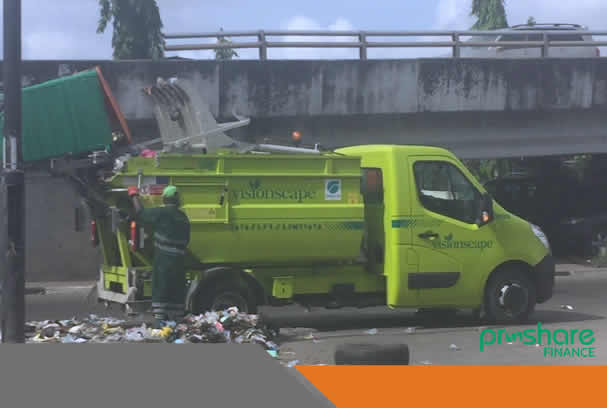
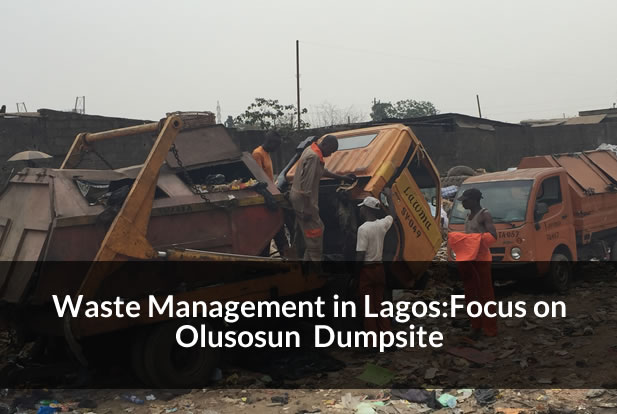
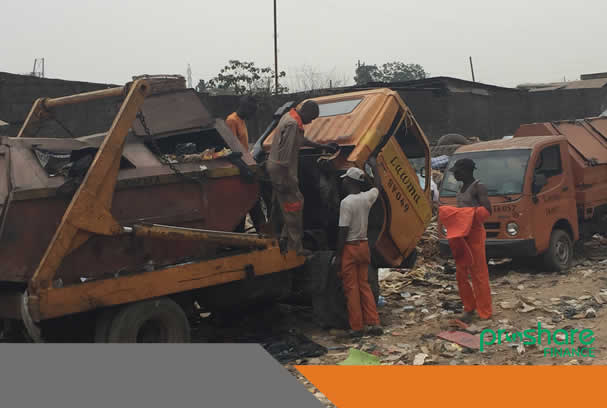
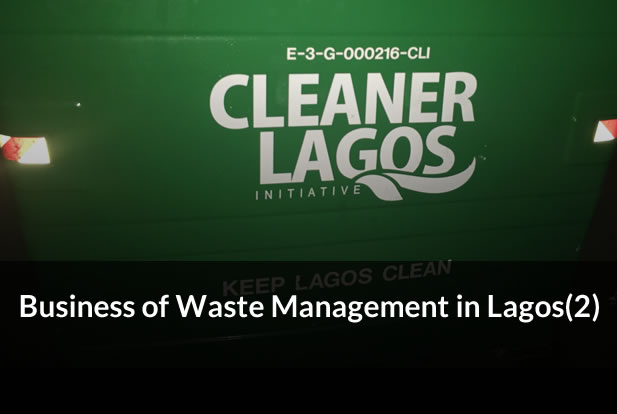
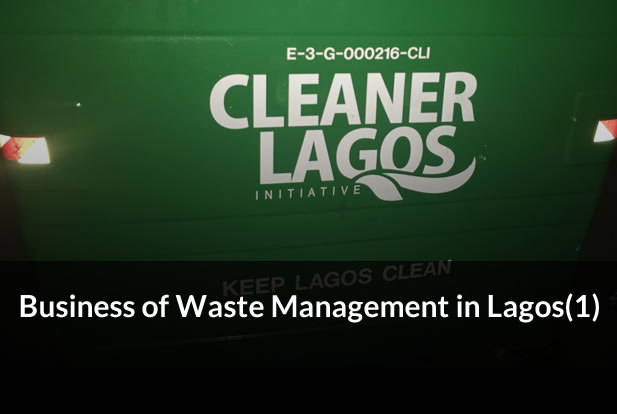





 Sponsored Ad
Sponsored Ad
 Advertise with Us
Advertise with Us









